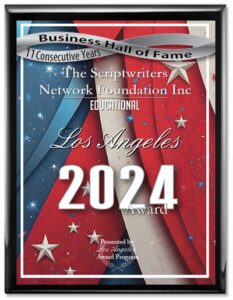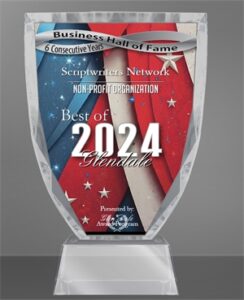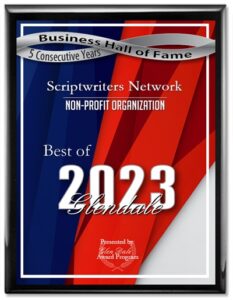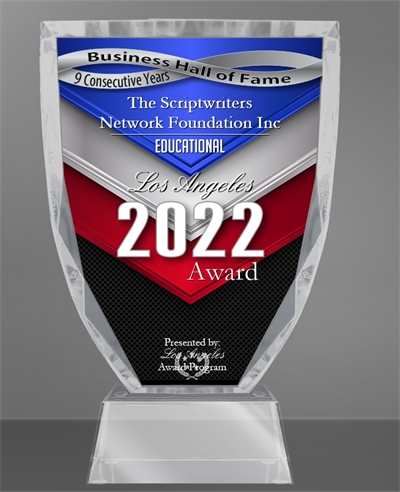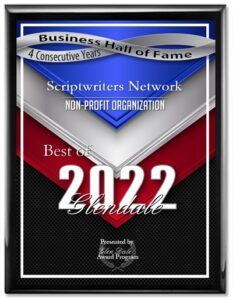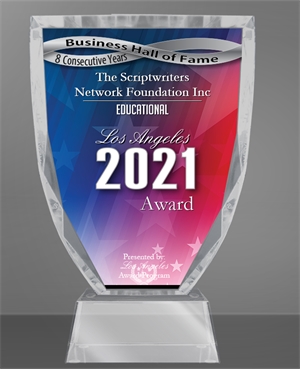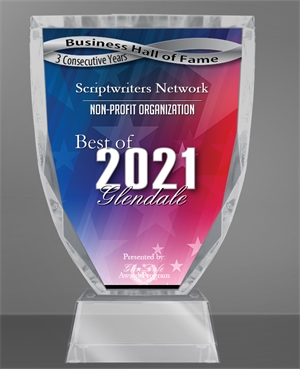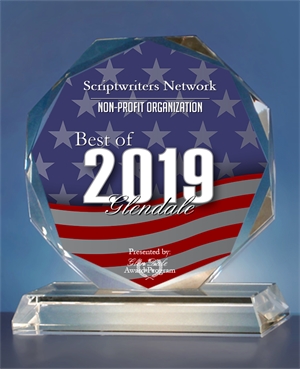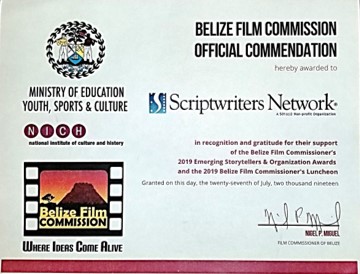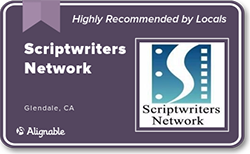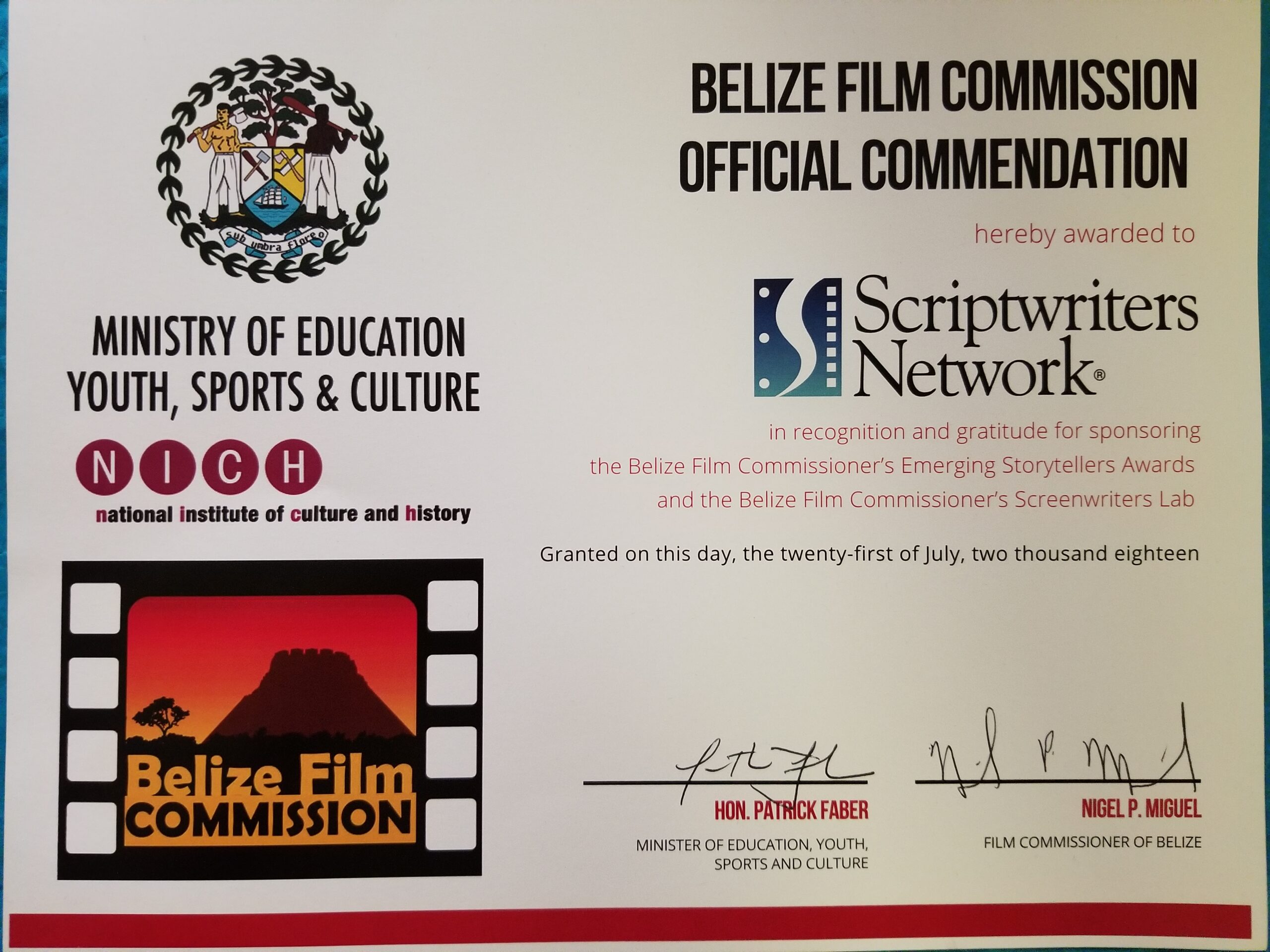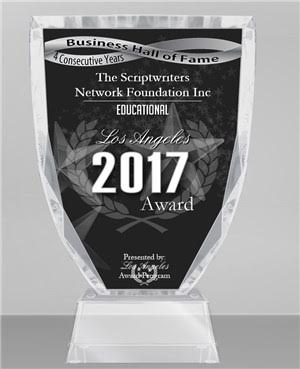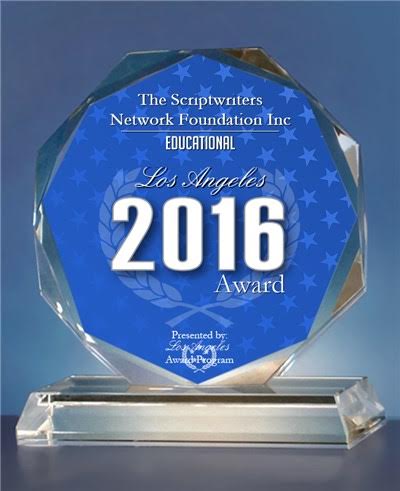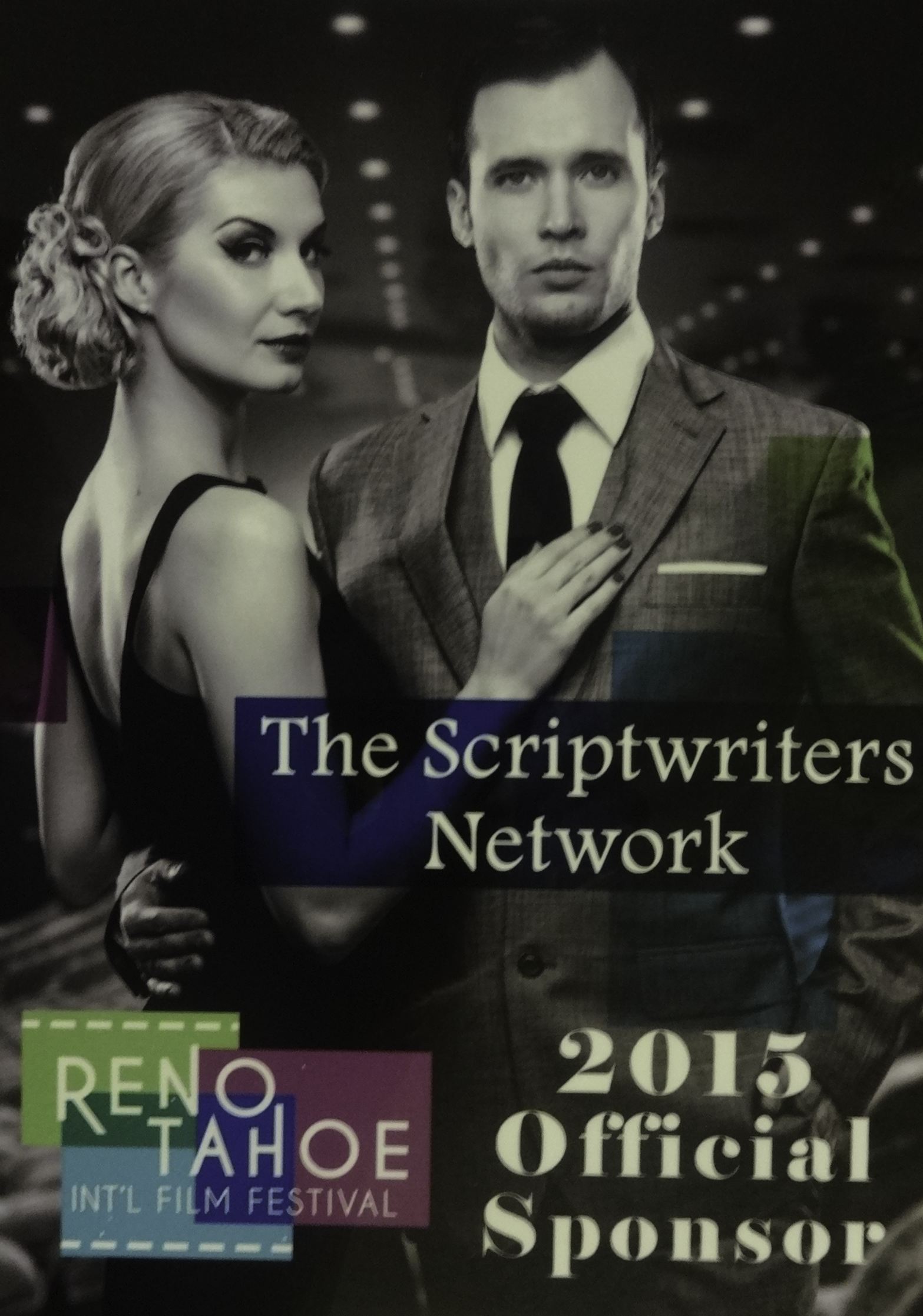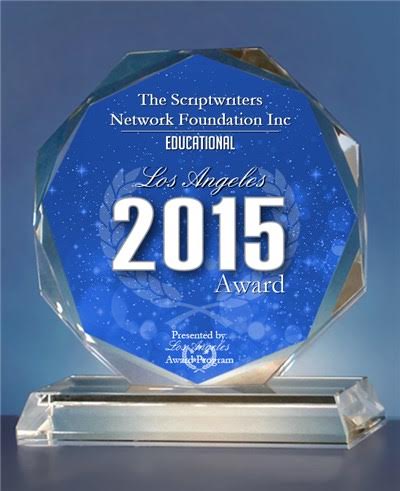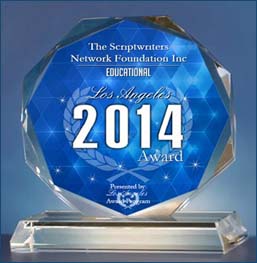Member Spotlight – Robert A Pinkus

MEMBER SPOTLIGHT
Name: Robert A Pinkus
Hometown: San Rafael, CA
Occupation: I was in diverse fields from the trades to our family business in the fashion industry.
Member since 2009
What type of scripts do you write?
My first script was a comedy that came to me unexpectedly in the sadness after my mother’s death. Not that Mom was raunchy, that’s just how the story turned out. Yet ithas a spiritual theme, which was my original intent.
I have a conspiracy thriller and a pilot for a big, dramatic story about the last era of the Roman Empire.
I’ve been told I should stick to one genre. That’s correct but myscripts have commonality in that they’re adaptations of important historical events.More importantly, in different ways each questions the nature of truth, a theme that fits our moment in history.
Favorite screenwriter:
Instead of concentrating on what we like, I think it’s more important to try and learn how others have succeeded. Various writers have done great work and I try to discern what it is that makes each of them successful.
Favorite movie:
A long time ago, after returning from Asia, I was deeply touched by “Apocalypse Now.”Charlie Kaufman’s screenplay for “Adaptation” is another “oldie” favorite.
Works by any of the big names are obvious choices. There are good reasons they’re famous. Lately, I’ve been spending more time with TV story telling.
Best screenwriting book I’ve read:
For formatting, “The Hollywood Standard” and “The Screenwriter’s Bible.”
Closely following formulas in any book can be problematic. Scriptwriters Network has been the biggest help for me. Listening to insiders whom I would never have had access to otherwise is a great opportunity.
Writing rituals:
After working for a while, I relax, listen to music, and try to disengage completely. Mysteriously, ideas come and corrections appear.
Biggest screenwriting myth:
In important ways, artistic freedom is a myth. Constraints can actually help refine creativity. Many of the greatest art works were created to meet demands of the market, a patron, or even a tyrant.
Best screenwriting advice you can pass on:
I’ve written period pieces, an epic. All mentors caution aspiring writers against doing that but I write what’s inspiring and what I think is important.
Theme is central. Whenever I feel lost in the story, theme is my compass.
For many years I’ve been in fine art photography. It was a photo project that led me into screenwriting. Understanding the interface between different art disciplines is helpful. After all, creating a screenplay is writing visual art.









